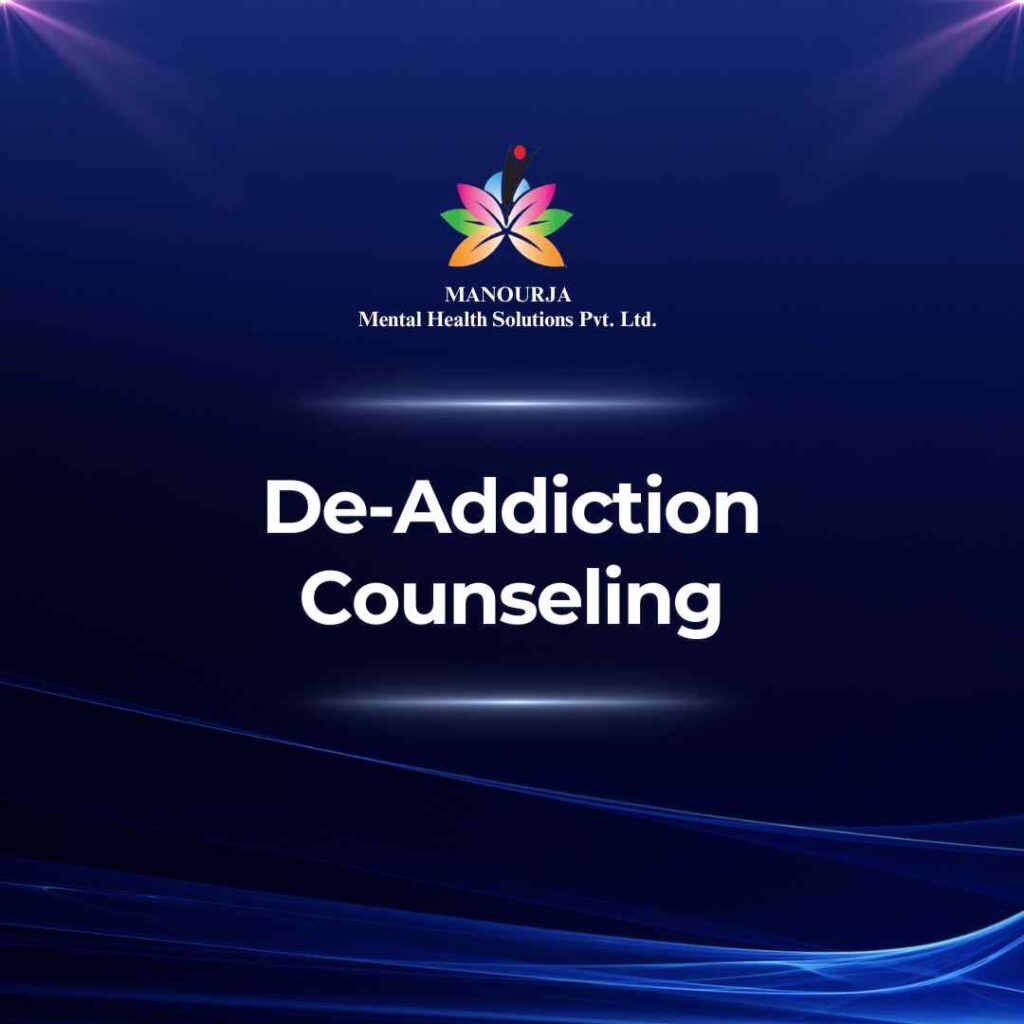Psychological-Social Counseling for Addiction Recovery

Psychological-social counseling for individuals dealing with addiction involves a comprehensive approach aimed at addressing the emotional, psychological, and social factors contributing to addictive behaviors.
Here are key components of counseling for individuals with addiction:
Assessment and Evaluation
Conduct a thorough assessment to understand the individual’s unique circumstances, including the nature and extent of their addiction, co-occurring mental health issues, and social context.
Building Trust and Rapport
Establish a trusting and supportive therapeutic relationship to create a safe space for the individual to share their experiences, struggles, and goals.
Individualized Treatment Plans:
Develop personalized treatment plans that consider the specific needs, preferences, and goals of the individual. This may involve a combination of therapeutic modalities.
Cognitive-Behavioral Therapy (CBT)
Utilize CBT techniques to address distorted thought patterns and behaviors associated with addiction. CBT helps individuals identify and modify negative patterns contributing to substance abuse.
Employ motivational interviewing to explore and enhance the individual’s motivation to change. This collaborative approach supports the individual in identifying and resolving ambivalence toward recovery.
Emotional Regulation
Focus on developing healthy emotional regulation skills to help individuals cope with stress, anxiety, and other triggers without resorting to substance use.
Relapse Prevention
Work on relapse prevention strategies, equipping individuals with tools to identify and manage potential triggers and situations that may lead to relapse.
Facilitate group therapy sessions to foster peer support, promote a sense of community, and address social isolation that often accompanies addiction.
Family Involvement
Involve family members in counseling sessions to provide education, improve communication, and address family dynamics that may contribute to or result from addiction.
Life Skills Training
Provide practical skills training to enhance the individual’s ability to navigate daily life without relying on substances. This may include stress management, time management, and interpersonal skills.
Community Resources
Connect individuals with community resources, support groups, and aftercare programs to strengthen their social support network and promote sustained recovery.
Trauma-Informed Care
Incorporate a trauma-informed approach to address underlying trauma that may contribute to addictive behaviors. Trauma-focused counseling can support healing and prevent relapse.
Psychological-social counseling for addiction is an ongoing and collaborative process that supports individuals in understanding the root causes of their addiction, developing coping mechanisms, and building a foundation for lasting recovery. It involves not only individual therapy but also the integration of social support and community resources to address the complex interplay of factors influencing addiction.
At MANOURJA, we believe in the transformative power of counseling. Our experienced therapists offer a safe and supportive space where you can explore your thoughts, emotions, and challenges. Through personalized counselling sessions, we’ll work together to develop coping strategies, build resilience, and achieve lasting positive change. Discover the path to a healthier, happier you with MANOURJA counselling services.
MANOURJA Rehabilitation Services
At MANOURJA, we’re dedicated to helping you in rebuild your life, after difficult times. Our rehabilitation services focus on understanding what you need to move forward, whether you’re recovering from addiction, trauma, or any psychological – social challenges. We create personalized plans, that are all about helping you, regain your strength and find hope again. With a caring team by your side, you’ll have the support to make real progress and take steps toward a brighter, healthier future
